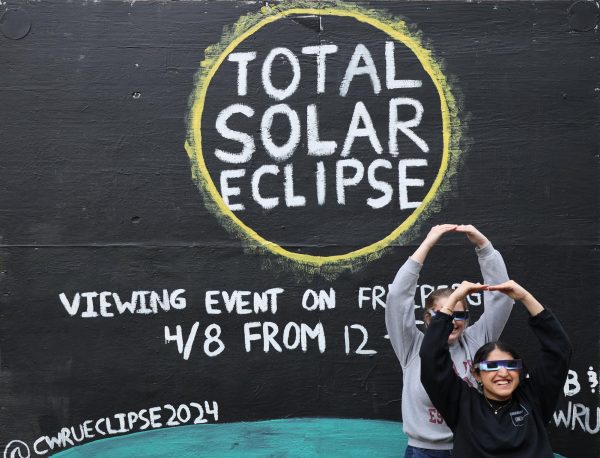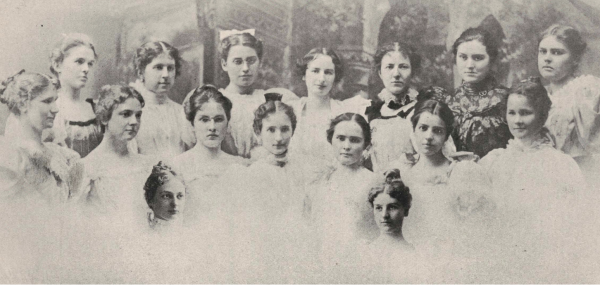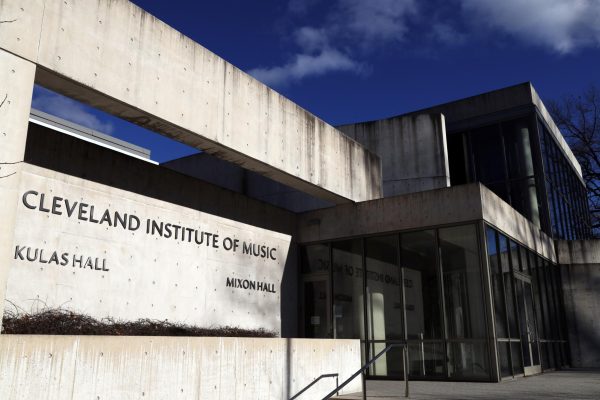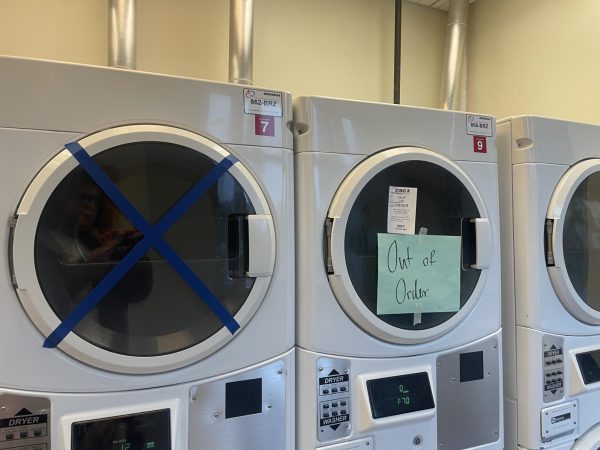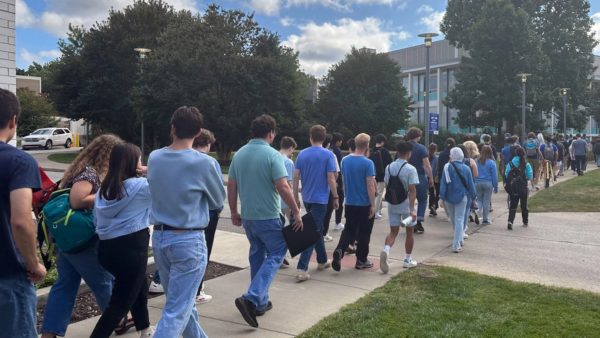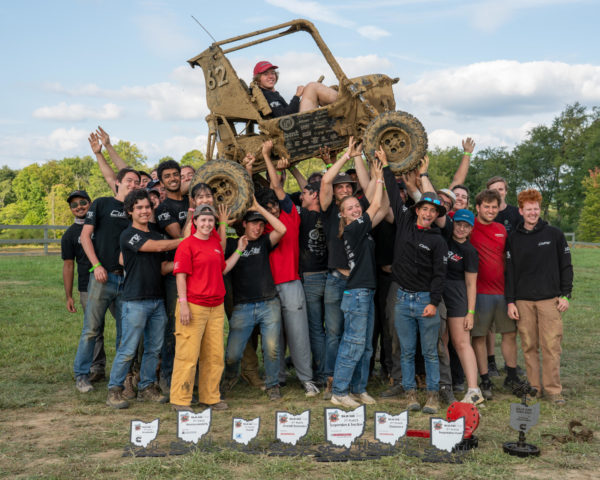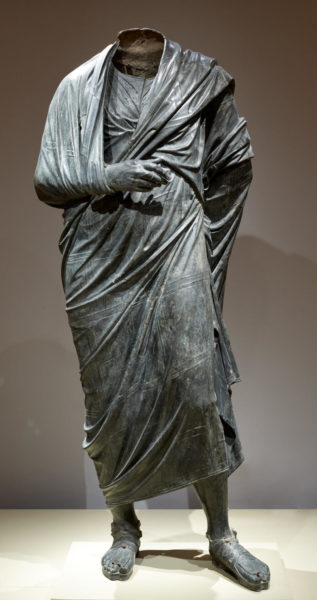Hugs from entrepreneurs: Student’s business creates interactive teddy bears
Long-distance relationships are tough, so second-year student Xyla Foxlin created a teddy bear that can send a hug to her boyfriend in Austin.
Parihug, a teddy bear that knows when it’s being hugged thanks to a suit of fabric-based sensors, sends the hug to another bear in a different part of the world. The other bear gently vibrates, “hugging” its owner. According to Parihug’s website, it “brings the humanity back into technological connection.”
The bear was created with the science of human relationships in mind, said Foxlin, Parihug’s CEO. Oxytocin, which is released through touch, is a necessary part of building relationships as it promotes devotion, trust and bonding. The idea of touch is central to Parihug. Although Facetime and phone calls are great, too, Foxlin said she missed being able to give her boyfriend a hug.
When Foxlin went to MHacks 6 at University of Michigan, she met her Parihug Co-Founder Harshita Gupta, a high school senior in the San Francisco Bay Area. The two were introduced by a mutual friend since they were both members of the National Center for Women in Information Technology. After receiving a grant from 1517, a venture capital fund, and deliberating about whether or not accept the money, they decided to launch the company.
Most of the two’s deliberation was about whether or not they had the time to devote to creating a business. Foxlin is the president of the Case Western Reserve Robotics Club (CWRUbotix), the robotics team at Case Western Reserve University, and she said that since starting Parihug she has to choose what to let slip each week—school, CWRUbotix or Parihug. Next year she plans to step back from CWRUbotix to better balance her schedule. Gupta, on the other hand, recently chose to leave the company due to the time commitment.
At the moment, Parihug is only taking subscribers who will be updated on the product’s progress via a newsletter. Foxlin hopes to begin beta-testing this summer, and a Kickstarter campaign is also in the works.
Parihug debuted at the Consumer Electronics Show (CES) in Las Vegas. At South by Southwest (SXSW) they won Tech.Co’s SXSW Startup of the Year award. At both conventions Parihug received massive amounts of press, and many of Parihug’s subscribers signed up at one of the two.
To prepare for conventions, Foxlin utilizes the space in Sears think[box] to prepare keychains, business cards and stickers carrying the Parihug logo. She is able to afford the materials and the convention expenses, such as flights, with the help of the Student Project Fund from think[box], in addition to other funding she has received. Students may be awarded up to $2,500 from the Student Project Fund, and Foxlin has received $1,000 then $2,500.
Foxlin shares her office on the fourth floor of think[box] with other student entrepreneurs. Others in the student entrepreneur community at CWRU face similar challenges, some more unexpected than others.
According to Foxlin, one of the most surprising hardships of starting Parihug was the lack of support from professors.
“At one point I had to have Dean Duerk email my DiffEQ professor so I could reschedule a quiz I was missing to be at Princeton’s national entrepreneurship competition because he refused to even listen to why I was gone, and repeatedly told me he didn’t care and I would fail anyway,” said Foxlin. “Some professors are exceptions of course, and for them I am extremely grateful.”
As a hands-on learner, though, Foxlin believes that she learned more about engineering through developing her product than from only taking classes.
Foxlin also noted that it can be alienating when the “Case PR machine” singles out entrepreneurs’ achievements. Her friends once told her they felt like they shouldn’t talk to her when she went to Mitchell’s with fourth-year student Felipe Gomez del Campo after finishing work in think[box]. Her friends saw her but didn’t want to say hello and interrupt the two “stars of Case campus.”
Because of moments like this, Foxlin said, “The best part of coming home is that my friends still think I’m an idiot.”
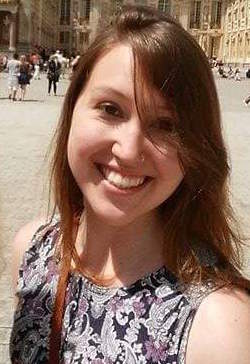
Anastazia Vanisko is copy editor for The Observer and writes for the news section. She is a third-year political science and dance double major, with minors...









